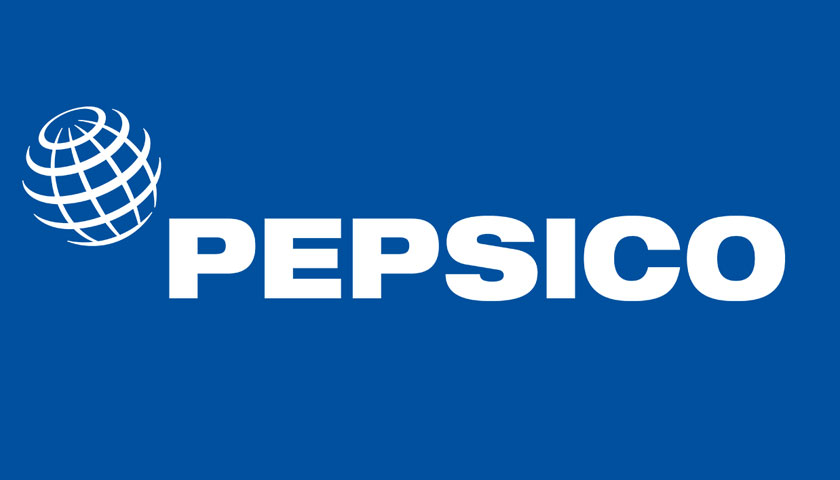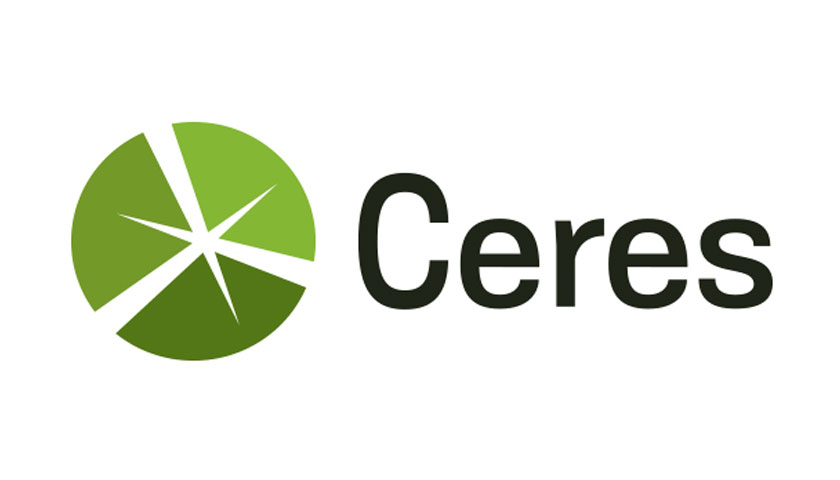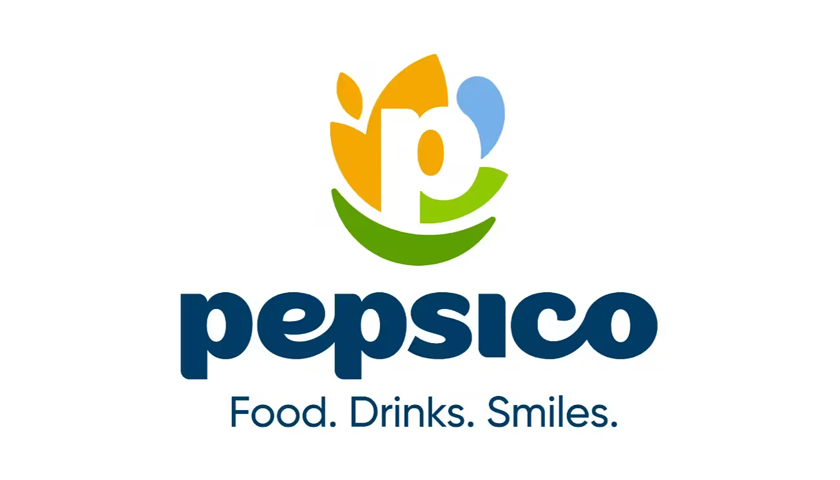PepsiCo has released its 2024 ESG Summary, reporting progress against the company’s pep+ (PepsiCo Positive) sustainability and nutrition goals. The Summary is part of the company’s 2024 ESG Reporting Suite, which also includes an ESG Topics A-Z library and ESG Data Hub. Communicating with transparency remains at the heart of PepsiCo’s pep+ reporting approach, and these resources offer a view of progress made and challenges faced as the company aims to drive business growth and value by delivering a more sustainable, people-centric future.
The Summary reflects progress against PepsiCo’s recently refined sustainability goals, which the company updated in May to align with the latest science, focus on where it believes it can have the most positive impact and strengthen its business for the long-term.
“pep+ is not a sustainability strategy. It’s an ongoing transformation that powers our whole business, from innovation to production, marketing to distribution,” said PepsiCo Chairman and Chief Executive Officer Ramon Laguarta. “When we rolled out pep+ in 2021, we knew it would be important for the long-term strength of our company. Since then, we have worked towards creating value for our shareholders, customers and communities, while aiming to make PepsiCo more resilient and overcome systemic barriers that limit progress. I look forward to continuing this critical journey with our associates and partners, as we strive to prove that growth and sustainability go hand in hand.”
The 2024 ESG Summary reports PepsiCo’s performance across its three pep+ pillars – Positive Agriculture, Positive Value Chain and Positive Choices – including specific goals for agriculture, water, packaging, climate and nutrition. Within these pillars, PepsiCo is focused on innovating, scaling solutions and sharing results to continue driving meaningful changes.
“Our progress in 2024 shows that when we embed sustainability into the heart of our company, we not only help strengthen our communities and our planet, we also make our business more resilient,” said Jim Andrew, PepsiCo Executive Vice President and Chief Sustainability Officer. “At the same time, we know our sustainability journey will not always be linear. There are a number of obstacles that stand in the way of the systemic changes needed to continue making progress at scale. To overcome these obstacles, the world needs more collaboration and engagement from business, governments and civil society. We will continue our efforts to lead, to learn from our progress, and to share those learnings to help build a more sustainable and resilient food system.”
2024 was a significant year, marking substantial progress in PepsiCo’s efforts to spread regenerative agriculture, restorative or protective practices and the achievement of key nutrition milestones related to our foods and drinks, even as the company continues efforts across its full set of pep+ ambitions. Key highlights from PepsiCo’s 2024 ESG Summary include:
- Agriculture: The company helped spread regenerative agriculture, restorative or protective practices across 3.5 million acres, helping to drive healthier soil, cleaner air and greater yields for farmers. This marks progress against the company’s recently expanded goal to drive these practices across 10 million acres — roughly the size of Switzerland — by 2030.
- Climate: PepsiCo sourced 89% (approximately 3,900 GWh) of the global electricity needs for its company-owned operations with renewable sources (including through use of renewable energy credits), while reducing Scope 1 and 2 greenhouse gas emissions by 18% versus its 2022 baseline.
- Water: PepsiCo replenished approximately 75% of the water used at company-owned manufacturing facilities in high water-risk areas. In total, global projects replenished approximately 24 billion liters of water. Additionally, since 2006, the company has helped over 96 million people gain access to safe water through distribution, purification and conservation programs.
- Packaging: The company reduced virgin plastic tonnage in primary packaging in key packaging markets by 5% between 2023 and 2024 and used 15% recycled plastic across the same scope of packaging and markets.
- Nutrition: PepsiCo surpassed its 2025 targets for sugar and sodium reduction a full year ahead of schedule, with 67% of its beverage volume containing fewer than 100 Calories from added sugars per 12 oz. serving4 and 77% of convenient foods not exceeding 1.3 milligrams of sodium per Calorie5.
This year’s digital summary and all associated assets are available here. Please refer to PepsiCo’s complete ESG Reporting Suite assets for a full overview of PepsiCo’s 2024 pep+ results.


